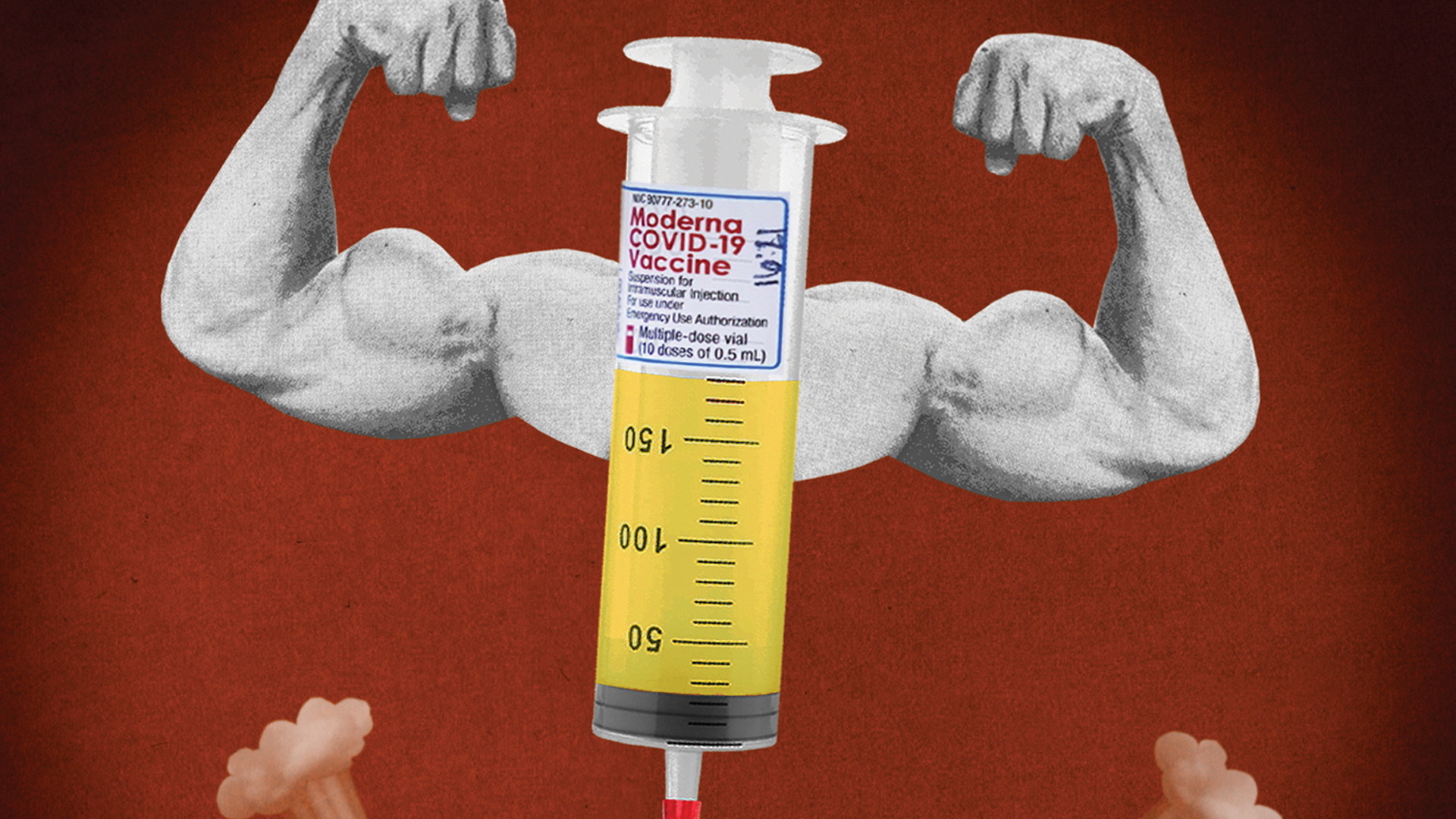Every week in Fact/Fiction, The Big Issue examines spurious claims, questionable studies or debatable stories from the press to determine whether they are fact or fiction. This week we focus on the Moderna vaccine ahead of its arrival in the UK. New studies into how it fares against new Covid-19 variants in the UK and South Africa produced different takes in the press. We investigate.
How it was told
Right now, we all fancy ourselves to be armchair epidemiologists, pinning all our hopes on the vaccines to get us out of this global pandemic.
That’s why any news doubting the efficacy of the injections is a devastating blow and attracts extreme scrutiny. One such story was widely debunked last week when German financial newspaper Handelsblatt claimed the AstraZeneca vaccine had just eight per cent efficacy – though this figure was just a proportion of 56 to 69-year-olds in the study.
Another story examining how effective a vaccine is against new strains of the virus attracted plenty of varying coverage too. The Moderna vaccine, which was approved for use in the UK and is set to be rolled out in the spring, was tested against mutated strains found in the UK and South Africa.
The headlines were mixed. The BBC reported the story as “Moderna vaccine appears to work against variants” while The Sun was equally hopeful, opting for: “JAB BOOST Moderna vaccine DOES protect against ‘deadlier mutant Covid strains’ – as they trial booster to fend off future variants”. Time magazine and the Evening Standard also covered the story in similar fashion.
Elsewhere there were different takes. US broadcaster NPR went for: “Moderna finds Covid-19 vaccine less effective against variant found in South Africa”. The FT’s headline read: “Moderna develops new vaccine to tackle mutant Covid strain”.










